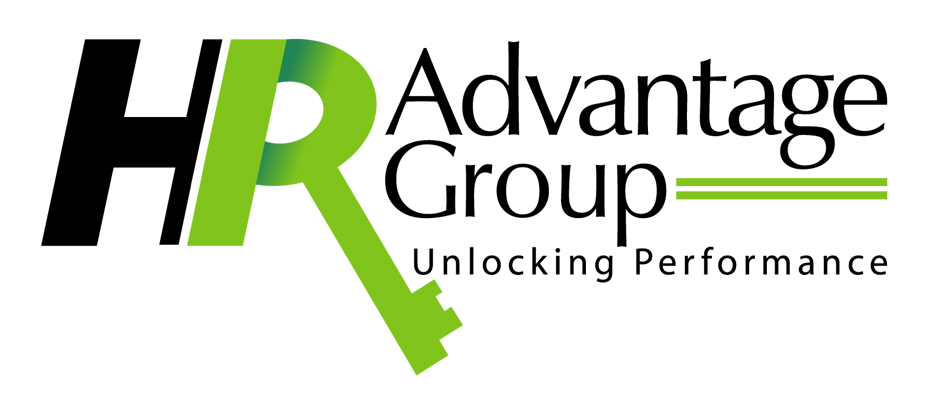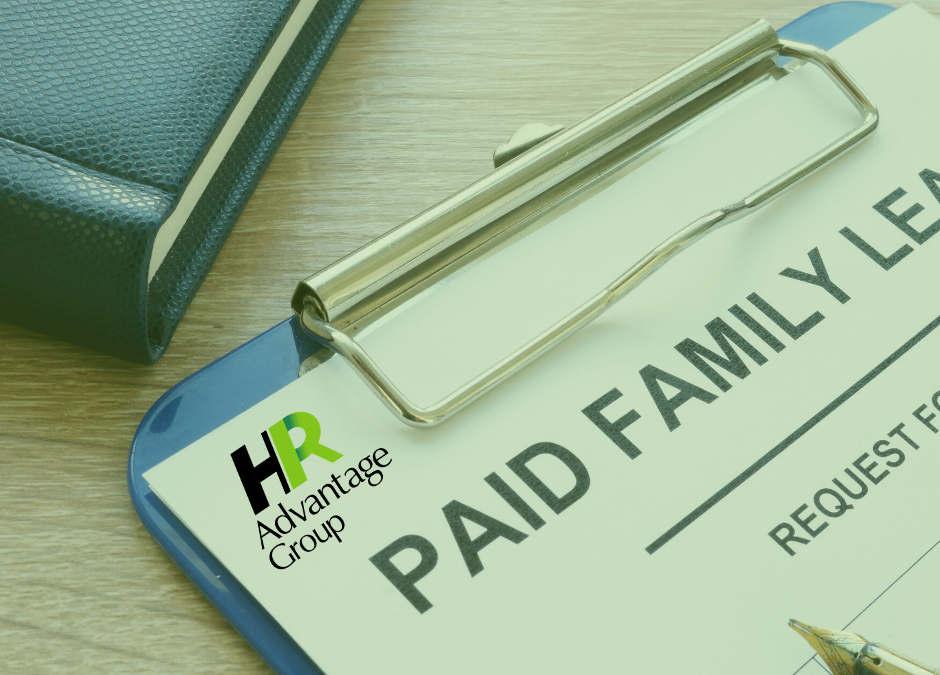As family leave makes headlines in Colorado, it is worth examining some of the details of the proposed legislation. This type of leave could have a significant impact on employers and employees state-wide. The specifics of this particular bill can be confusing; “who pays,” “who gets what,” and “what do I need to know to be compliant” are all questions we are hearing.
Family leave has evolved to become more than just maternity leave, and it is worth spending a few minutes to understand some of the ways you could be affected as an employee and as a business owner.
What is “Paid Family Leave”
Generally speaking, paid family leave is the term for an extended leave from work to be used for pregnancy, ill child, sick relative care, or medical recovery. The exact parameters vary based on state, company, and even individual. Likely, you’ve heard of this concept and know the basics.
The length of time associated with paid family leave varies wildly, as does the compensation offered. In some countries, parents are granted up to a year or more when welcoming a new child, for example. And in some cases, there is no compensation for any extended leave. There is currently no set standard in the United States. And as individual states work to create these standards, it is essential to consider what is fair to employer and employee and what is sustainable for both parties.
Here in Colorado, many details of the Family and Medical Leave Program are still at issue, and this could likely be the topic of the year for both employers and employees. You can read more about this bill, and it’s journey here.
For Employers
Understanding this proposed legislation and its impact on your company is critical. Currently, the Family Medical Leave Act (FMLA) does not mandate paid leave but provides ‘job-protected” unpaid leave in qualifying circumstances. As a compassionate employer, you likely have a policy in place that will work in conjunction with FMLA, PTO, and other provisions for your employees.
This proposed program seeks to expand what an employer provides, including a 12-week leave and compensation while they are on leave. This could be quite a change for some employers. And while it is not compulsory today, organizations must be educated about what could happen in Colorado.
For Employees
As mentioned, the current proposed bill would seek to expand coverage and job security for employees who need and qualify for this type of leave. Both employers and employees would pay into a state family leave fund to offset these costs. The details of exactly how much would vary, and some of these details are still coming into focus.
In the simplest sense, it would work much like workers’ compensation. The state fund would work towards making extended leave for certain circumstances attainable for those who may not have had access to this in the past. If your employer doesn’t offer this now, this could be a small price to pay for a significant benefit at a time when you need it most.
You may already know, this is a complicated program, and this bill has been the source of much debate. Both conversation and research have recommended that a state-run program is the best way to address this issue. And today, many more details are still being worked out. We always strive to provide you the best information, and we would be happy to tell you more about this bill and how paid family leave could be a benefit to your organization.
This content is intended as a general educational and informational resource only. It may not be used or relied upon as legal advice.HR Advantage Group, LLC makes no representations or warranties of any kind, express or implied, about the completeness, accuracy, reliability, suitability or availability with respect to the content of this or any other content. Any reliance you place on such information is therefore strictly at your own risk. In no event will we be liable for any loss or damage in connection with the use of this content, or supplemental information.


Recent Comments